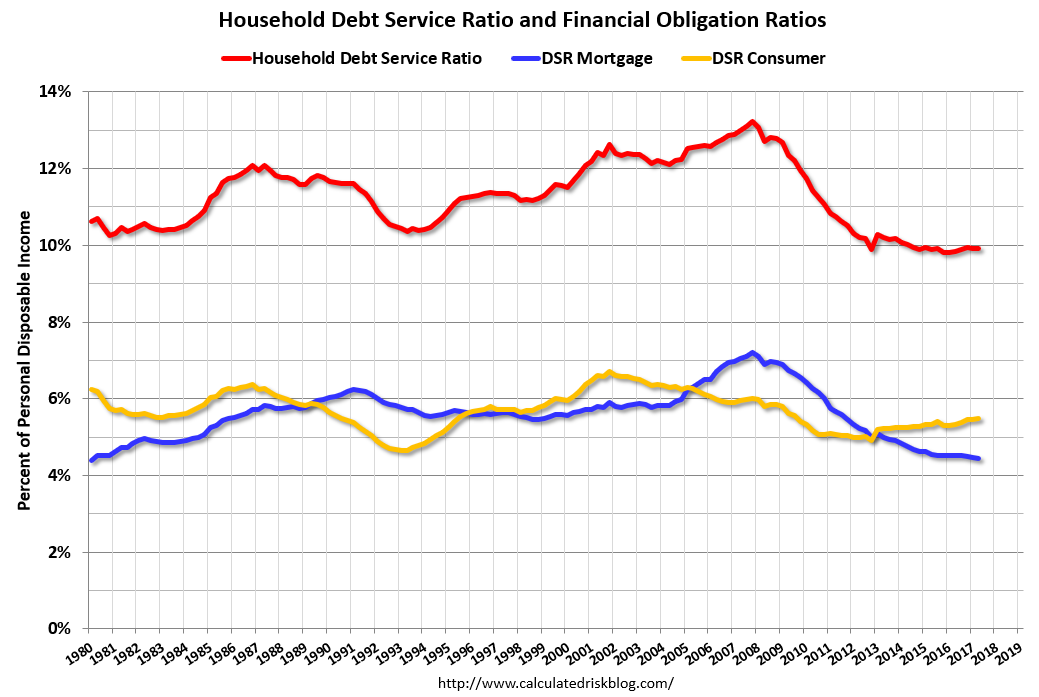Tuesday, November 28, 2017
Please note that in order to view the content for the
Bankruptcy Headlines
please
log in
if you are already an ABI member, or otherwise you may
Become an ABI Member
Wednesday, November 22, 2017
Please note that in order to view the content for the
Bankruptcy Headlines
please
log in
if you are already an ABI member, or otherwise you may
Become an ABI Member
Tuesday, November 21, 2017
Please note that in order to view the content for the
Bankruptcy Headlines
please
log in
if you are already an ABI member, or otherwise you may
Become an ABI Member
Monday, November 13, 2017
Please note that in order to view the content for the
Bankruptcy Headlines
please
log in
if you are already an ABI member, or otherwise you may
Become an ABI Member


